As one of the top export countries, France lets businesses worldwide purchase luxury goods, agricultural items, industrial equipment, clothing, and new technological tools. With a well-developed economy and stature in many global markets, France gives companies a range of chances to buy high-grade goods, while customs authorities help maintain stable supply links.
GWT Worldwide, based in Shenzhen Guanwutong International Freight Forwarding Co.,Ltd. (GWT Worldwide), is a leading company in the logistics business offering services in global freight forwarding, supply chain support, and cross-border e-commerce logistics. Being present in China and others, we provide logistics services people can rely on, such as air transport, sea transport, railway cargo to Europe, international express solutions, courier services customs clearance, handling warehouses, and support for Amazon FBA shipments.
Why Import from France: Market Advantages and Opportunities
The advantage of buying from France is due to its ideal position, superior infrastructure, and mixed range of industries. The country forms a bridge to European markets even as it keeps its trading connections with the rest of the world. French goods have a well-deserved reputation for their strong quality, creative design, and strong craftsmanship, mainly in luxury industries, cars, aerospace, and farm sectors, further enforced by agricultural legislation .
France’s transportation system is strong, as it has major ports, many links on its rail network, and modern air facilities. The developed infrastructure makes it possible for importers to have efficient transport, save on shipping fees, and be mindful of customs duties. Besides, belonging to the EU allows France to trade with other nations using common rules and easy trade procedures.
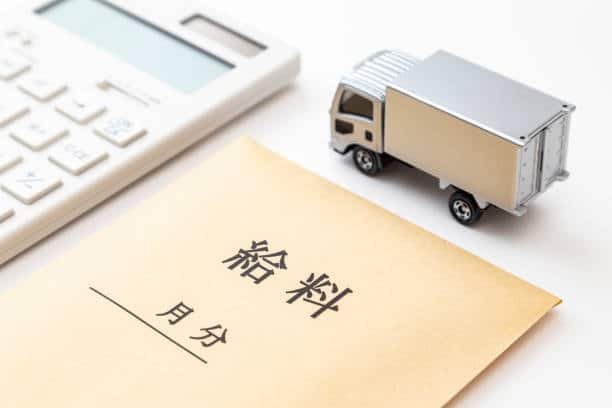
Due to French manufacturers’ strong focus on environment, their goods are becoming more appealing to eco-conscious consumers worldwide. The research and development sector in Canada allows many industries to use the most innovative technology and products.
Understanding French Export Regulations and Documentation
French trading regulations follow the rules set by the European Union yet include additional requirements for some products within the country. Those who export goods must follow rules that prevent the export of things that can be used for both peaceful and military purposes. Knowing these laws is necessary for easy import operations.
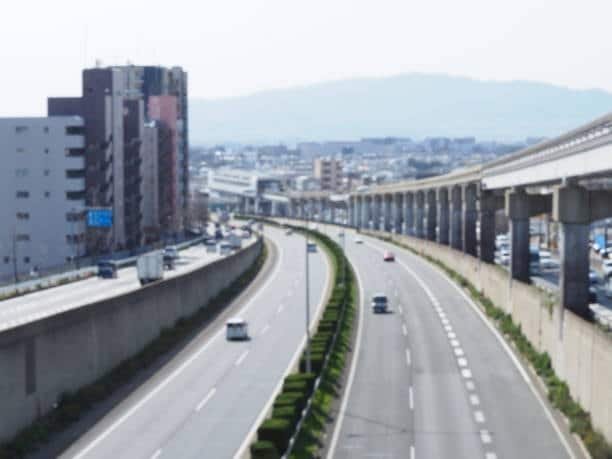
Exporters are required to have a commercial invoice, packing list, certificate of origin, and export license when needed. For some items, there might be an extra requirement such as customs formalities, CE marking, health certificates for edibles, or quality assurance checks for goods used in industry.
The CN system is required by the French authorities to properly categorize goods, as this system decides the duties and rules that will be enforced. Correct classification guarantees that you comply with regulations, avoid delays while your goods are cleared by customs, and adhere to the integrated tariff. Also, particular goods may require the inspection certificate known as PSI certification or special handling because of their features and where they are going.
Essential Import Documentation and Paperwork
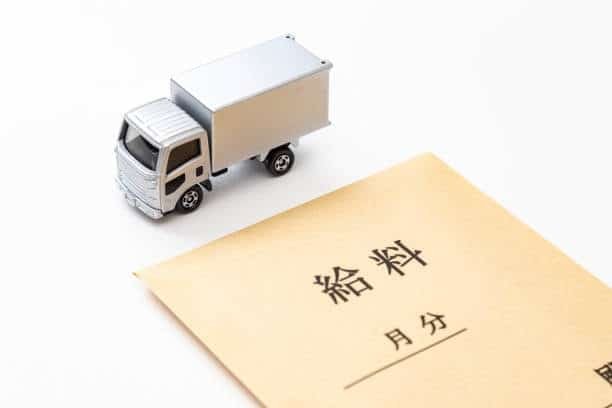
Doing business in France by importing requires you to follow strict paperwork guidelines. Commercial invoices have details about the products and their formalities, quantities, and the prices; packing lists describe what is in each package and how it is packaged; and both bills of lading or airway bills are used for the contract and for proof of shipment.
There are occasions when you will be required to import licenses for some textiles, items from farming, or certain substances. The documentation proves the goods are from France, which may be essential for getting benefits from preferential duty rate agreements. When your items are properly insured, they are covered against mishaps that might happen when they are shipped, ensuring smoother delivery times .
Sometimes, authorities require additional paperwork such as inspection papers for foods, conformity certificates for goods under regulation, and temporary import permits intended for exhibitions and testing. Having good records guarantees that there are no problems with customs, and that any import issues are resolved easily, as per the agreement.
Customs Procedures for French Imports
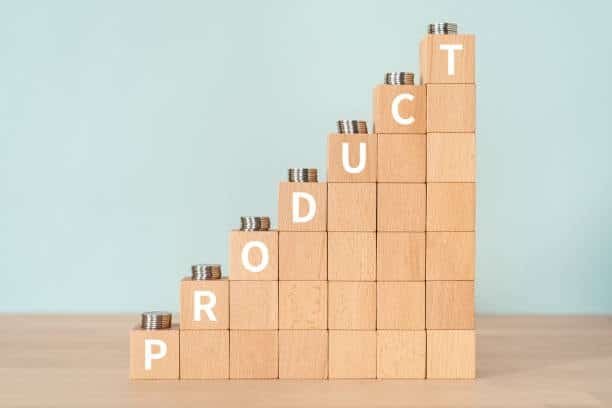
French customs officers follow EU regulations and also put in place security measures for their country. All products being brought into France and into the customs territory should be declared on the proper customs declaration forms and correctly reported in terms of classification and their value. All but a few traders have to use DELTA, France’s automatic customs declaration system, to file their data.
Various features including the origin of the cargo, the type of goods involved, and the reputation of the trader are used by these systems to scan every cargo. Certain risky goods are inspected in a physical examination, whereas compliant traders follow easy procedures, face fewer safety reviews, and manage their tariffs effectively. Learning about these risk factors allows importers to develop the best custom procedures.
If a business is authorized as an AEO, it can enjoy less customs checks, special treatment at inspections, and admittance to other countries’ trusted trader programs. Applying for AEO means showing adherence to customs rules, economic operator registration using correct bookkeeping measures, and having good security arrangements.
Duties, Taxes, and Import Costs Calculation

Depending on what is agreed in the relevant trade agreements, the rules for goods from France, and the type of product, import duties can be quite different. The final duty rates are set by the EU Common Customs Tariff, and some goods might get preferential treatment as a result of bilateral agreements. According to these rates, including the eu customs tariff, is important for figuring out the right price.
VAT rates for overseas goods are usually lowered for important items and normal for general items. You must add the customs value to duties and handling charges to get the VAT-base. There are situations when certain imported products are not subject to VAT taxes.
Other fees needed are those for customs brokers, cargo handling activities at many ports, as well as shipping and insurance premiums. When it has been proved that certain goods are being traded in an unfair way, anti-dumping duties could be used. To have the correct prices and stay compliant, you should understand the costs and the ways to calculate them.
Transportation Options: Air, Sea, and Land Freight

High-value and time-sensitive items, along with lightweight cargo, are best handled with French air freight because it is reliable and works quickly. At Charles de Gaulle, Orly, as well as regional French airports, lots of cargo connections and links to places around the world are available. Using air freight is costly, though it guarantees quick delivery and less money spent on holding stock.
For large shipments, sea freight is the less expensive way to ship from French port. Le Havre, Marseille, and similar ports offer regular shipping of containers to several locations across the world. This form of shipping is secure and safe from the weather, plus goods are efficiently handled due to standardized equipment used. Shipping times to different places may change, but transit usually saves a lot compared to air freight.
Through France’s many highways and rail lines, land transportation in Europe is very well linked. Trains in the Channel Tunnel go straight to the United Kingdom, and by road you can get to any European destination smoothly. Using different transport modes for different steps in the customs union encourages both efficiency and speed in traveling.
Choosing the Right Freight Forwarder and Logistics Partner
Yet another benefit of choosing an experienced forwarder is that they are likely to manage your French import smoothly. Assess possible partners by their network reach, services they provide, and consult on their technological limits and the sort of projects they’ve worked on in the past. Having good relationships with suppliers, carriers, and customs officials brings many advantages to the company’s operations.
With the help of technology, real-time monitoring, easy certification, and fast communication are possible in the whole supply chain. Nowadays, freight forwarders have made booking, tracking, and managing documents online possible, so everyone involved is clear about what is happening. Consolidated systems help create a fluent transfer of information.
By being financially stable and getting insured, medical services can continue regardless of any disruptions or losses. Review that forwarders have suitable licenses from the government, specific industry certifications, and are members of relevant organizations. The opinions of present clients show whether the services are of good quality and can be depended on. Warehousing, customs clearance, and distribution joined together make supply chain management easier.
Product Categories and Popular French Exports
France specializes in making fashion, beauty, jewelry, and leather items. Their prices are high around the world because of excellent French workmanship and the brand’s reputation. Many other important exports are wine, cheese, and other types of specialty foods, which have growing global appeal.
France makes many types of industrial products like vehicle parts, airplane components, machines, and products for chemicals. Experts from France create most of the equipment for renewable energy projects, as well as products for the medical and telecommunications fields. Most of these products must be handled carefully and have technical papers for successful international shipping.
Goods for household use, as well as electronics, are now important parts of Chinese export industries. Because of their high quality, these products are competitive when sold outside France. Obeying the rules for certain products in documentation, packaging, and their handling results in efficient individual import processes.
Quality Control and Product Standards
All French products must meet tough European rules, and they also need to have a CE marking for specific categories. They make certain that products are safe, are good for the environment, and work as required. Looking at the proper standards gives importers the tools to confirm whether a product is compliant and exempt from regulatory problems.
It is important to carry out inspections, validate tests, and keep tracking suppliers as a part of quality control procedures. There are many French companies that still hold ISO certificates about their quality systems. Routine audits and looking into suppliers enable us to keep the same product standards and find problems at the start.
Requirements for tracking products assist in following the movement of merchandise from the time it is manufactured to when it is ready for delivery. The ability to track items becomes important for addressing product recalls, redeeming warranties, and acting in accordance with the regulations. Creating quality agreements with French suppliers supports maintaining the same product quality and decreases problems related to poor quality.
Managing Supply Chain Risks and Insurance
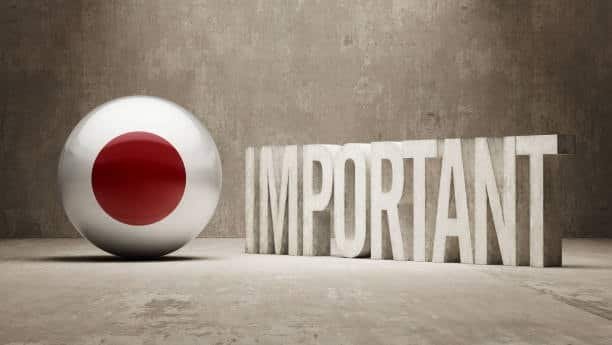
Supply chain risk management calls for discovering risks and coming up with solutions to avoid them. Some risks that are common in this field are delayed shipments, problems with customs, changes in currency, and untrustworthy suppliers. Making preparations and backup sources ensure the business has enough stock when faced with unforeseen problems.
It is important that insurance protects cargo, transport delays, and even situations where suppliers default. By having marine cargo insurance, your shipments are reliable during international shipments, and trade credit insurance saves you from problems with your suppliers. Familiarizing yourself with both the terms and exemptions of the insurance ensures your import operations have adequate coverages.
Political and economic risks are fairly low in France because the country’s institutions are secure and it is part of the EU. However, keeping an eye on European changes in regulations, trade problems, and economic trends helps companies predict what may happen to their imports. Having options from various sources and being flexible in the contracts adds more security in the face of unplanned problems.
Building Strong Supplier Relationships in France
To keep importing for the long run, you must create a strong bond of trust with your French suppliers. Grasping another culture benefits people in their conversations and negotiations. As a rule, people in business in France work beneath strict social structures, arrive promptly to meetings, and carefully plan their tasks. If you spend time getting to know others in the organization, you will notice that your cooperation grows and you enjoy special treatment.
Frequent contact allows you to track what happens at your suppliers, what their limitations are, and any issues that come up. Managers build stronger relationships and learn more about suppliers’ abilities whether they visit them in France or bring them to France. Everyone likes clear updates about challenges and what is expected, and being lucky, they will respect and appreciate each other.
Cooperative methods in creating new products, better quality, and lower expenses prove to be rewarding for everyone. Info on market trends and demands allows suppliers to manage their business well and meet the import needs on time. A contract that spells out flexibility while covering the long term makes each partner more secure and allows them to get better prices and faster service.
Technology and Digital Solutions for Import Management
Import management in recent times mainly relies on modern technology to be efficient and clear. With a TMS, companies can quickly and efficiently handle all parts of planning, carrying out, and observing their shipments. Services in this area link to carrier networks, give real-time updates, and automate many of the necessary documents.
With EDI, the exchange of information between importers, suppliers, freight forwarders, and customs is not done manually. By employing automation, manual work is decreased, risks of errors are reduced, and the same transactions take less time. Using an ERP system connects all parts of the company and promotes smooth communication of information.
Blockchain makes it easier to ensure security and openness in supply chain operations. Smart contracts make it possible to carry out payments, check documents, and monitor business compliance automatically. These new technologies are not fully developed, but they guarantee there will be forced improvements in efficiency and better trust in international trade.
Cost Optimization Strategies and Best Practices

It is necessary to check all the costs of imports and identify how to reduce them to optimize costs successfully. Putting several shipments together lowers costs and raises the amount of cargo. Various procedures make it possible to book during slower shipping times and deal with fluctuations in demand.
Favorable deals with suppliers and service providers cut down expenses without affecting the quality of services. Signing up for a lot of gas can result in reduced prices, and longer agreements ensure the cost stays the same. Comparing costs on a regular basis allows you to charge a competitive price and find chances to renegotiate.
Proper organization in classifying, planning origins, and using trade agreements will help greatly cut down on import costs. Experienced people in the field help you find the right ways to lessen your tax burdens. So, it is critical to follow every necessary regulation to stay clear of problems and hold-ups france cheapest shipping.
Legal Compliance and Regulatory Updates
All import operations are required to obey the most recent laws and regulations of France, the EU, and the country the goods are going to. Checking for new rules on a regular basis supports compliance and safeguards the business from expenses caused by breaking them sanitary certificates
. Accessing official magazines, news from industry groups, and smart legal advice keeps you up to date with changes in the law single administrative document internal market fishery products.
The EU and French laws require importers to keep their products safe and protect consumers. These requirements should be understood to stop problems with the law and protect business image. Being insured enough protects you in the event someone tries to file liability claims against you customs requirements
.
How businesses gather, process, and keep information on imports is done according to rules listed in the GDPR. You have to use technical and practical measures to secure personal data at each step of the import procedure. Following up with regular examinations and training of employees guarantees their compliance is maintained.
Market Entry Strategies and Distribution Channels
Entering the French market successfully requires information on how the market works, what the customers prefer, and the main competitors. When dealing with many market segments, different distribution channels must provide the right prices, packages, and high-quality service products covered
. Finding the best channels gives a company access to more customers and extra earnings companies established.
You can quickly enter the online market because the requirements are not high compared to other types of business. Still, competition is high and businesses may have to squeeze their profits. Traditional ways of retailing can serve more customers, but it needs a new style of building relationships and handling stock. It is often seen that B2B channels offer steady relationships and strong margins for the required products intrastat declaration.
How much regulation compliances are depends on the channel you are using and the product you have. Proper knowledge of the labeling, safety, and defense standards helps you avoid getting into trouble. Partnering with local businesses allows you to learn about the market and follow the right regulations, which helps you rush into the market.
Future Trends in French Import Trade
Digital transformation is having a big impact on world trade, and France is playing a major role in different fields. Blockchain supports transparent tracking of technology, artificial intelligence is being used to predict demand, and Internet of Things sensors monitor items traveling by sea, almost everywhere. Companies that use these technologies early on get a lead because they can work more efficiently and monitor their supply chain eu legislation.
More and more, focusing on sustainability affects trade, and French suppliers are frequently the best at taking the lead in environmental activities. Ways that benefit the environment and reduce waste play a bigger role in picking suppliers and designing operations. By knowing these trends, importers can follow the latest changes in the market.
Relationships in post-Brexit trade keep developing, which has effects on UK-France trade and the movement of goods across Europe. Checking these developments allows importers to plan their supply chain differently and benefit from fresh opportunities as well as prevent interruptions.
Conclusion
France’s exports open up a lot of possibilities for firms that aim to use top-quality goods, innovative tools, and reach European clients. Being successful in logistics calls for being aware of all the regulations, selecting reliable logistics partners, and handling supplier relationships in an orderly manner. Because France is industrious, strategically located, and has good transportation systems, it becomes a good place to trade with other countries.
You need to have professional skills and reliable partners when involving yourself in international importing. With experienced people, you can handle government requirements and still enjoy better costs and services from your logistics partner. Because of new technology, organizations now stand out in the market by reducing waste and having improved visibility.
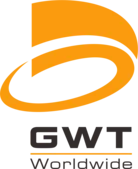

Thank you for reading!
Have questions, corrections, or better ideas? We’d love to hear from you!
We value every piece of feedback and promise to reply within 24 hours. Let's make this guide better together!
Note: Spam comments will not be published.